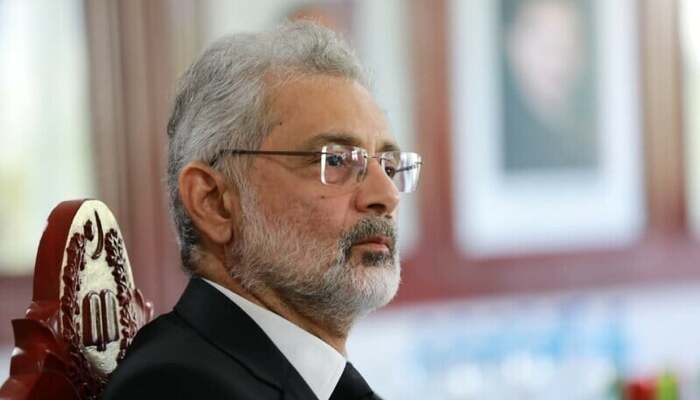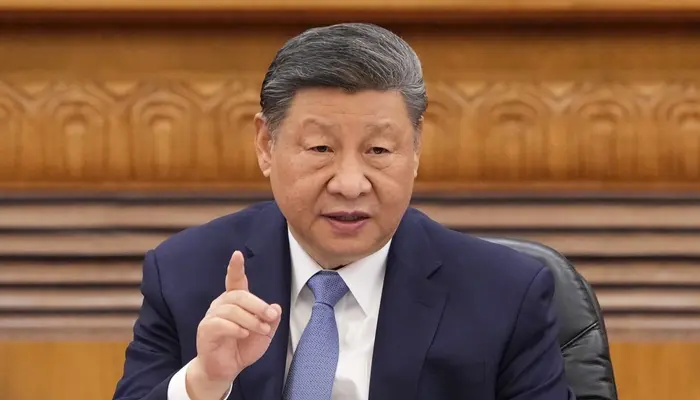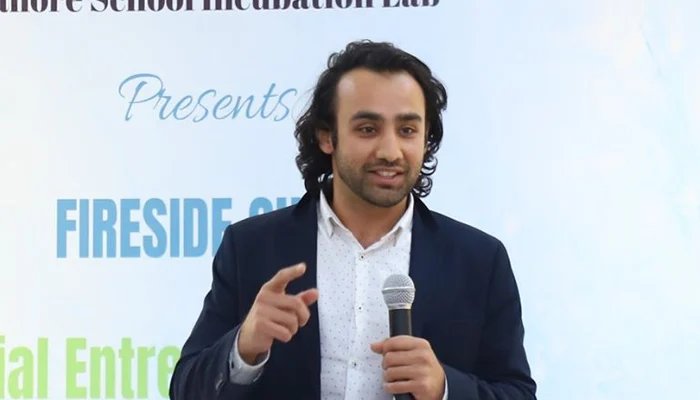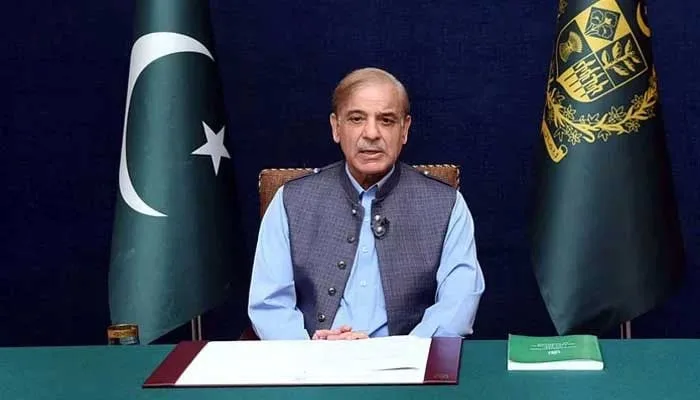
ISLAMABAD: In a significant ruling, the Supreme Court criticized its previous interpretation of Article 63-A of the Constitution. The court stated that the earlier majority judgment effectively allowed political leaders to act like dictators, unchallenged by their parties or assemblies. This scenario threatens the democratic framework of the country.
The detailed 23-page judgment, authored by Chief Justice Qazi Faez Isa, emphasized that the prior ruling had serious implications. “Once a Prime Minister or Chief Minister is elected, they can never be removed, either by their party or by the majority membership of the assembly,” the judgment read. Such an outcome is undeniably undemocratic.
The court pointed out that the majority judgment overlooked critical constitutional provisions. For instance, it ignored the implications of Article 91(7), which allows a Prime Minister to seek a vote of confidence from the National Assembly. Similarly, Articles 95 and 130(7) pertain to no-confidence votes against Prime Ministers and Chief Ministers, respectively. By disregarding these provisions, the court noted that the majority judgment rendered them redundant.
Chief Justice Critiques Moralistic Language in Legal Judgments
Moreover, the Chief Justice stated that substituting constitutional provisions with personal views is unacceptable. “What a particular judge considers right or wrong is neither the law nor the Constitution,” he stated. While lawmakers may transform moral principles into law, the courts must focus on what is lawful. The judgment critiqued the majority opinion for its use of moralistic language instead of legal terminology. It frequently included terms like “healthy,” “unhealthy,” “vice,” and “menace,” which the court deemed irrelevant to legal reasoning.
Read: Nawaz Sharif and Bilawal Bhutto Agree on Constitutional Amendments
The judgment also addressed the majority’s perceived contempt for politicians. It highlighted that the majority remarked on the lack of “conscientious objectors” in Pakistan’s political history, regrettably dismissing the contributions of past parliamentarians. The court reminded that Pakistan was founded by politicians under the leadership of MA Jinnah, who adhered to constitutional principles.
Significantly, the court nullified both the short order and the majority judgment. It found them contrary to the Constitution’s explicit language and the decisions of larger benches. The conclusions reached by the judges in the minority were sustained, reinforcing a commitment to constitutional integrity.
Article 63-A
In examining the language of Article 63-A, the court clarified that the word “cease” is used, indicating that a member “shall cease to be a member” due to defection. In contrast, Article 63 refers to “disqualification.” The court noted that these terms are not interchangeable, underscoring a critical distinction in the Constitution.
Furthermore, the majority judgment incorrectly referenced legal precedents from other countries without establishing their relevance to Pakistan’s context. For instance, it cited rulings from the United States, Canada, and the United Kingdom, yet failed to clarify how these apply to local laws concerning defections.
The Reference filed by President Dr. Arif Alvi on March 21, 2024, also raised questions. It did not mention a no-confidence resolution submitted against then-Prime Minister Imran Khan prior to the request for legal opinion. The court criticized the President for framing the issue as a moral rather than a legal question.
Ultimately, the court stated, “Article 63A does not state that the votes of any member should not be counted.” The majority judgment’s interpretation of voting contrary to party directives was flawed and unconstitutional. This decision reaffirmed the fundamental rights of parliamentarians while emphasizing the need for adherence to legal norms over personal beliefs. As a result, the court’s latest ruling reflects a renewed commitment to uphold the democratic principles enshrined in Pakistan’s Constitution.
Follow us on Google News, Instagram, YouTube, Facebook,Whats App, and TikTok for latest updates












